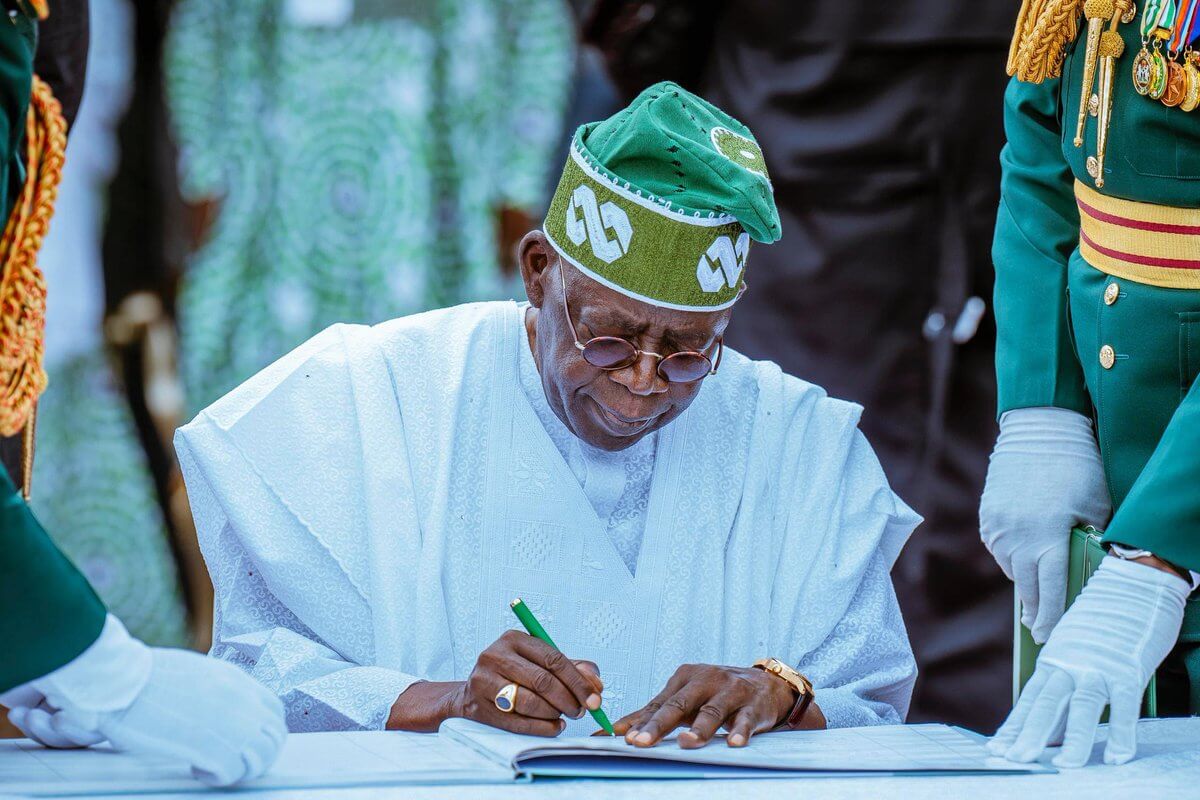The arbitrary arrest and detention of journalists that have, in recent times, become rampant in Nigeria signpost a descent into despotism and should not be allowed to persist in the country that claims to be running a democratic government.
The abductions of Segun Olatunji, erstwhile editor with First News, and Daniel Ojukwu of the Foundation for Investigative Journalism (FIJ), re-echo the spectre of harassment and victimisation of journalists witnessed under the repressive military regimes of the 1990s. These maltreatments of journalists under whatever guise undermine press freedom and pose serious danger to the liberty of the collective in the society. They are undesirable and condemnable in today’s Nigeria.
With no fewer than seven cases of arbitrary arrests and detention in Nigeria in the last one year, safety of journalists could best be described as precarious and worsening. More disturbing is the fact that these cases of maltreatments have been linked to disgruntled political actors, who resort to abuse of state power in crude defiance of the rule of law. The alarming scenario underpins the capture of state institutions by privileged individuals, who act with impunity in suppressing the freedom of the press through arbitrary arrests and abduction carried out by security agents.
Press freedom is guaranteed by the Nigerian Constitution and as well recognised as a universal standard under various regional and international statutes. The dictates of the rule of law also demand that journalists should be treated with utmost sense of civility and decorum even when the need to be held to account arises. It is, therefore, disappointing and unacceptable that journalists’ lives could become endangered under a democracy where the rule of law should regulate the conduct of citizens irrespective of status or position. It is inexcusable that instigated abduction of journalists could pass across as standard to be condoned by reason of denial or mute indifference by relevant authorities. There is certainly no justification for the highhandedness meted out to journalists whose abduction were orchestrated by state actors, who ought to have explored legitimate means of seeking redress against perceived wrongdoings. It should be instructive that allegations of wrongdoings against journalists could be channelled through legal procedures available for seeking redress against erring media establishments and practitioners.
It is, therefore, expected that state actors with genuine grievances against journalists should act within the confines of the rule of law. Extra-legal means, including arbitrary arrests and abduction, only further depict the so-called aggrieved individuals as treacherous. As it has turned-out, the aggrieved individuals often appear only interested in intimidation and harassment of abducted journalists rather than seek redress in the law court. Failure to seek legitimate means of pursuing alleged wrongdoings against journalists that were arrested or abducted, more or else, suggests likelihood of guilt by the accusers.
We state that governments in Nigeria owe it a duty to hold their appointees accountable for abuses against journalists and for willfully trampling on press freedom. It is also expected that the heads of security agencies, including the military authorities, would take decisive steps in ensuring that their personnel desist from serving as collaborators in any organised cruelty against journalists as well as attacks against press freedom in the country. Accountability of government to the people as a critical feature of democracy becomes more entrenched when press freedom and safety of journalists are guaranteed. Recognition and respect of press freedom with commitment to guaranteeing safety of journalists by public institutions and agencies speak to the health of democracy and should, therefore, be a priority for which the government must be held to account. We expect nothing short of express commitment without further equivocation towards ending arbitrary arrest and abduction of journalists in Nigeria. To this extent, we consider the statement credited to one Mohammed Idris to the effect that no journalist had been jailed or forced on exile under the present administration as evasive and unsatisfactory. Arbitrary arrest and detention of journalists orchestrated by state actors constitute a dangerous dimension of repression. It is sad.
The fact that these abductions are being perpetrated using security agents acting on the order of privileged individuals in government only serves to reinforce the fears about state capture, which negates tenets of democracy and the sanctity of the rule of law. We, therefore, demand that the Federal Government, particularly the Attorney General of the Federation (AGF), who is the chief law officer, should act swiftly to curb this growing act of tyranny in the country. The AGF must ensure that the fundamental rights and safety of journalists as well press freedom do not suffer attack under the guise of enforcing the Cyber Security Act or any law whatsoever. We demand public inquiry on cases of arbitrary arrest or abduction of journalists with appropriate sanction against agencies and personnel involved to serve as a deterrent to others who may be recruited to perpetrate the illegality in future.

 4 months ago
30
4 months ago
30















 English (US) ·
English (US) ·